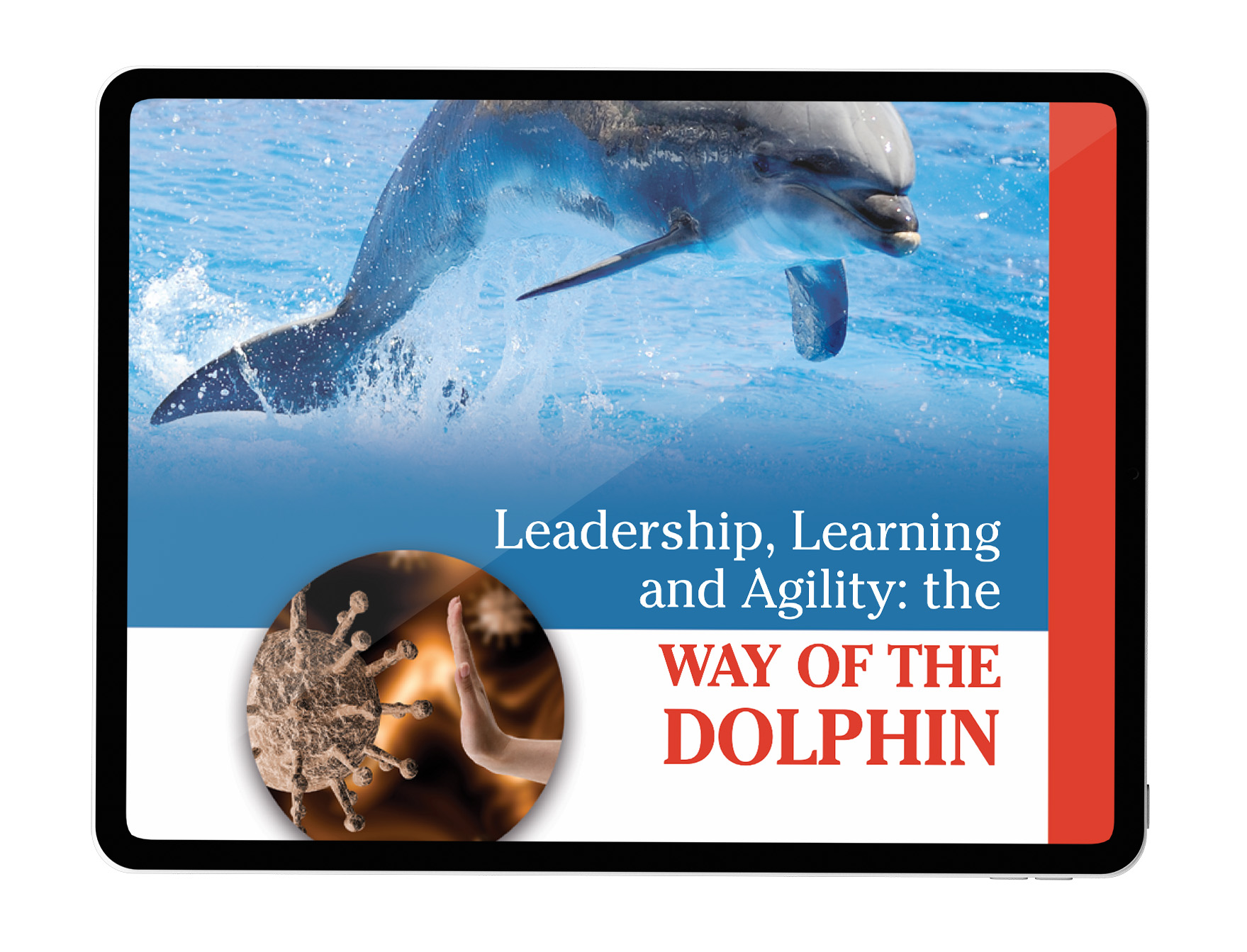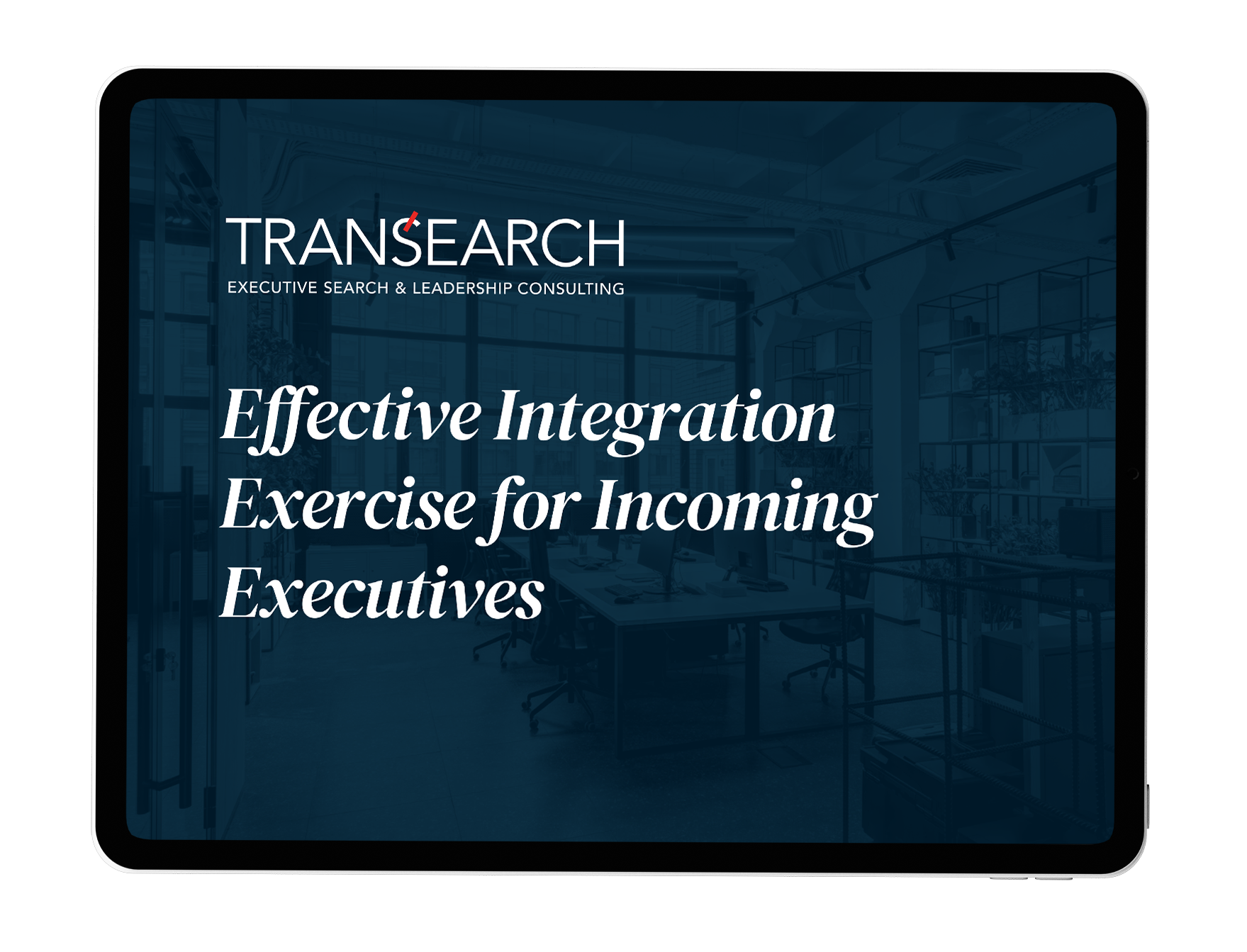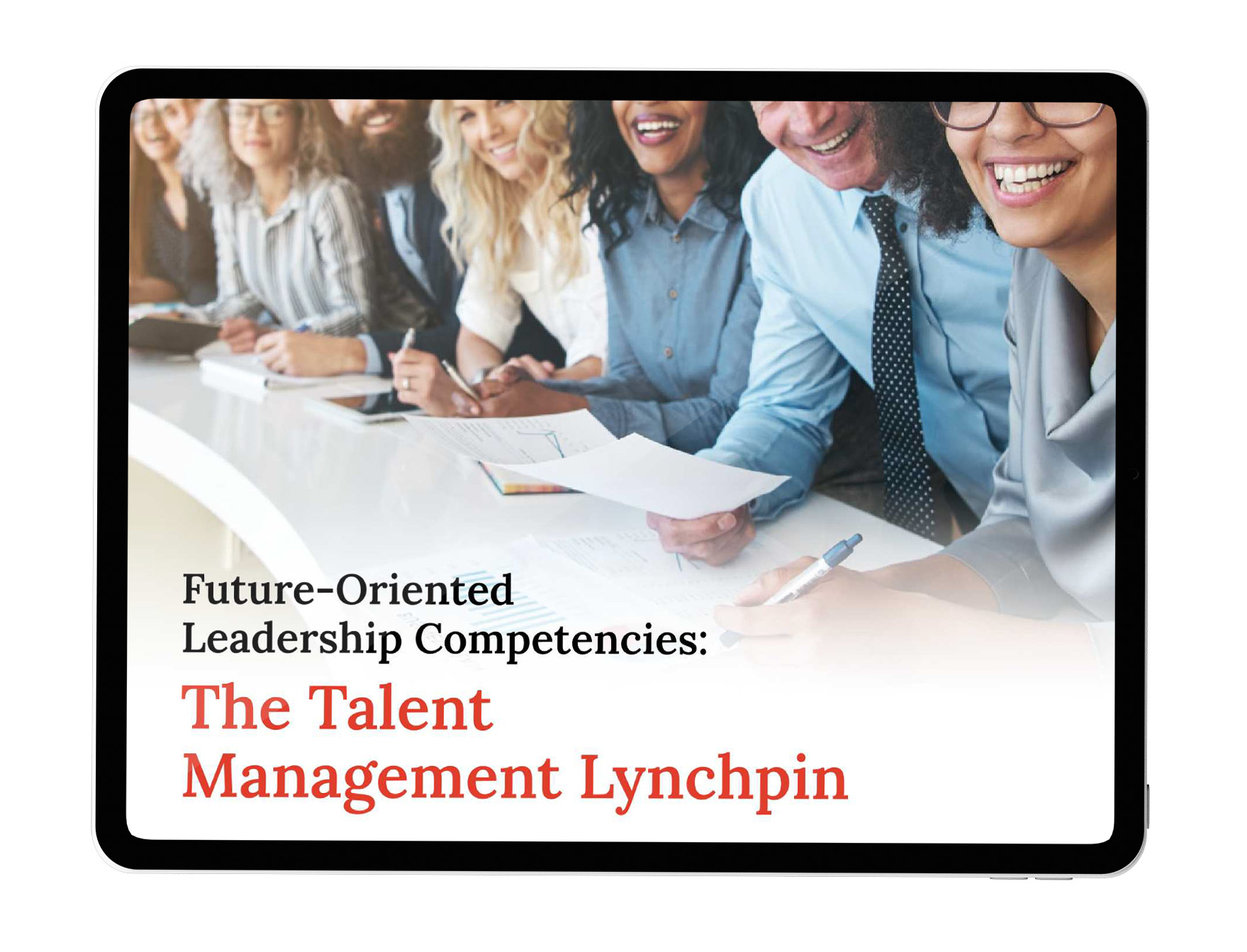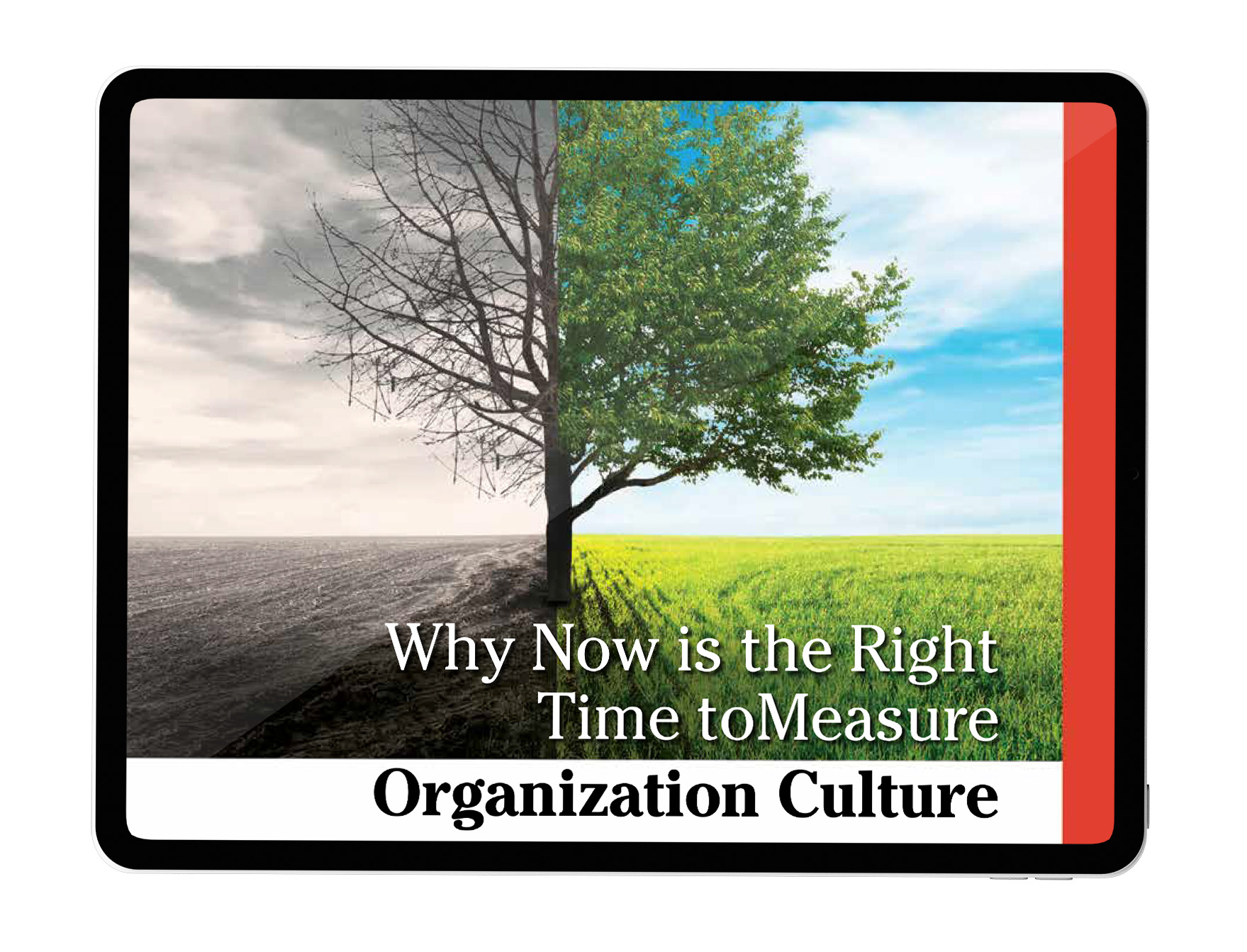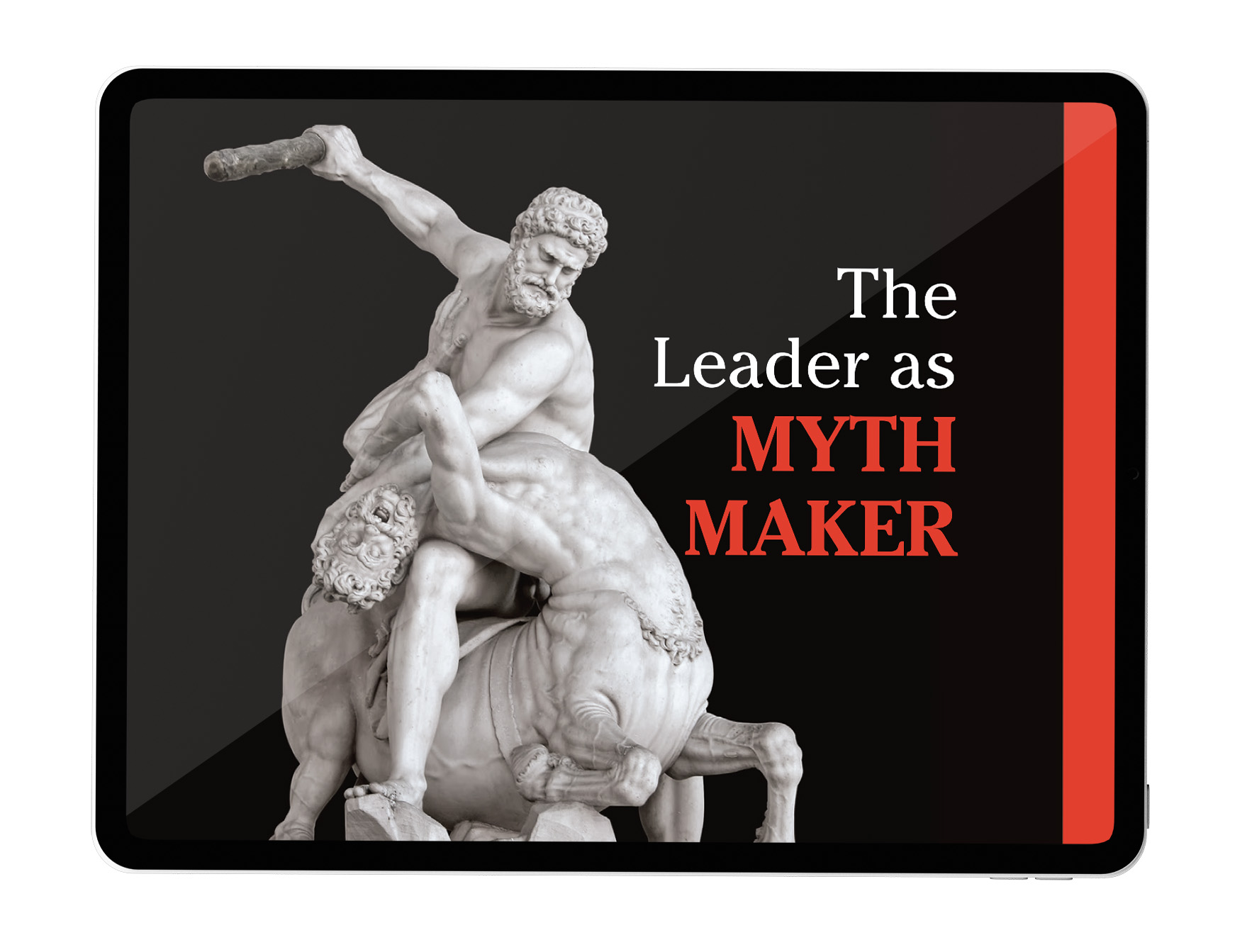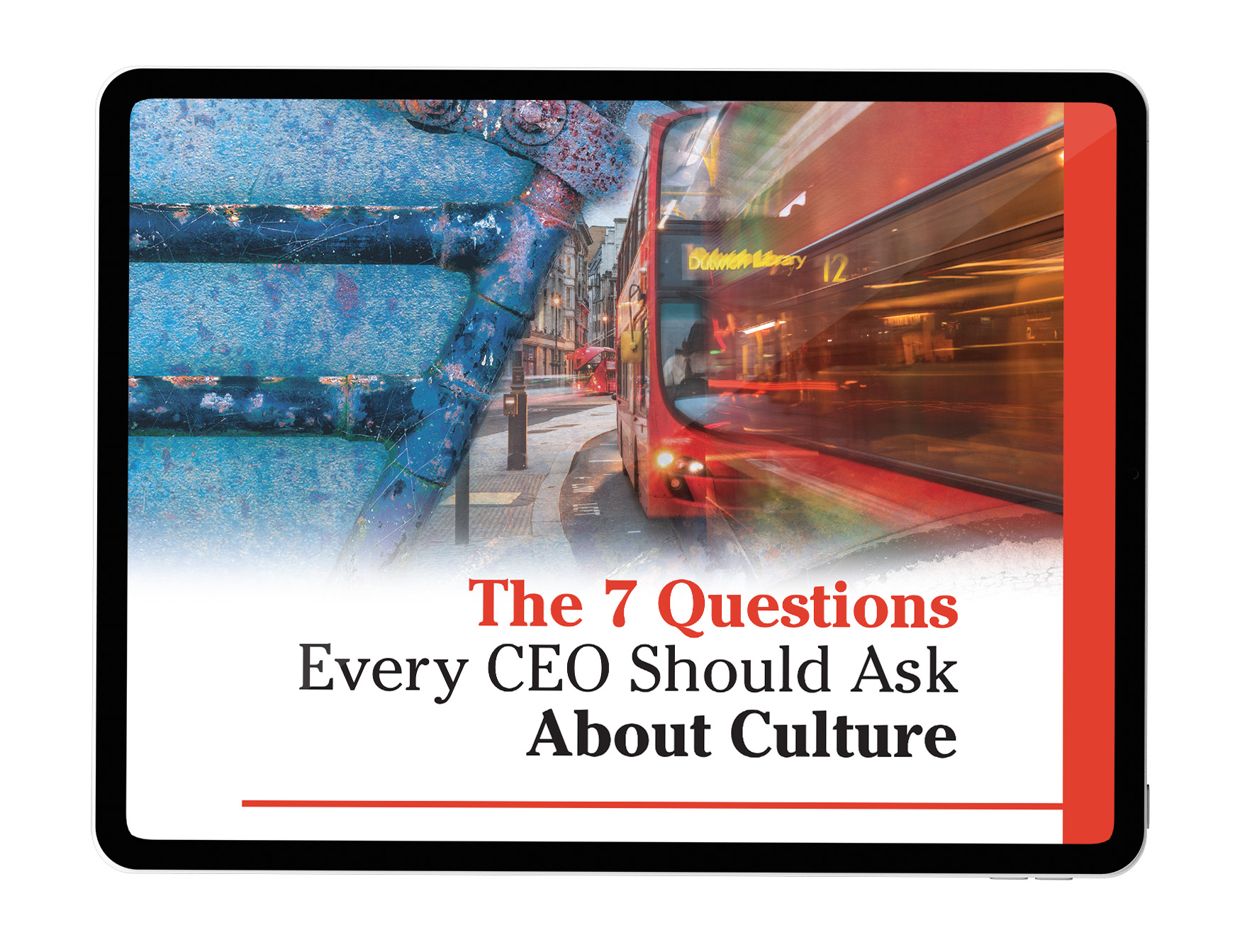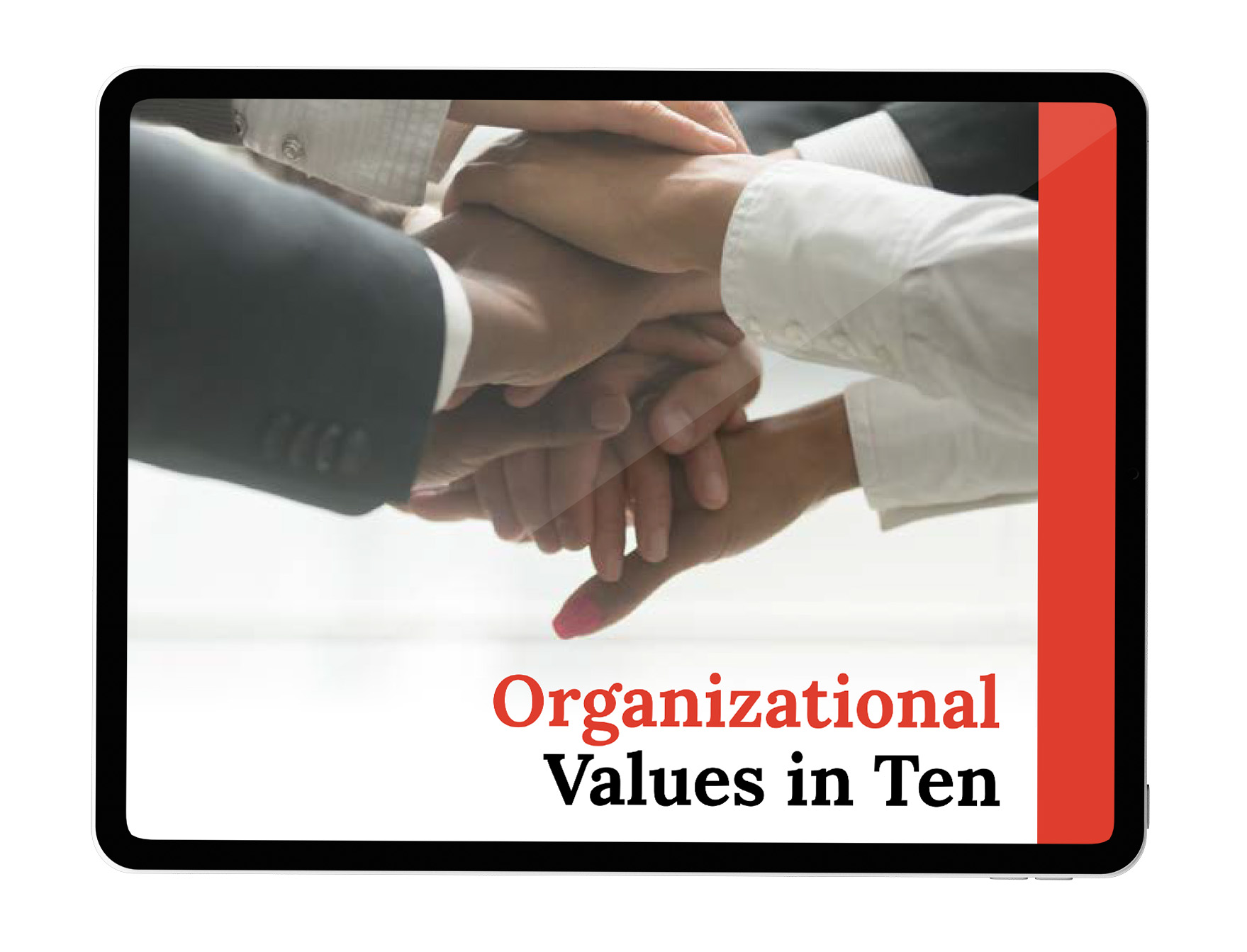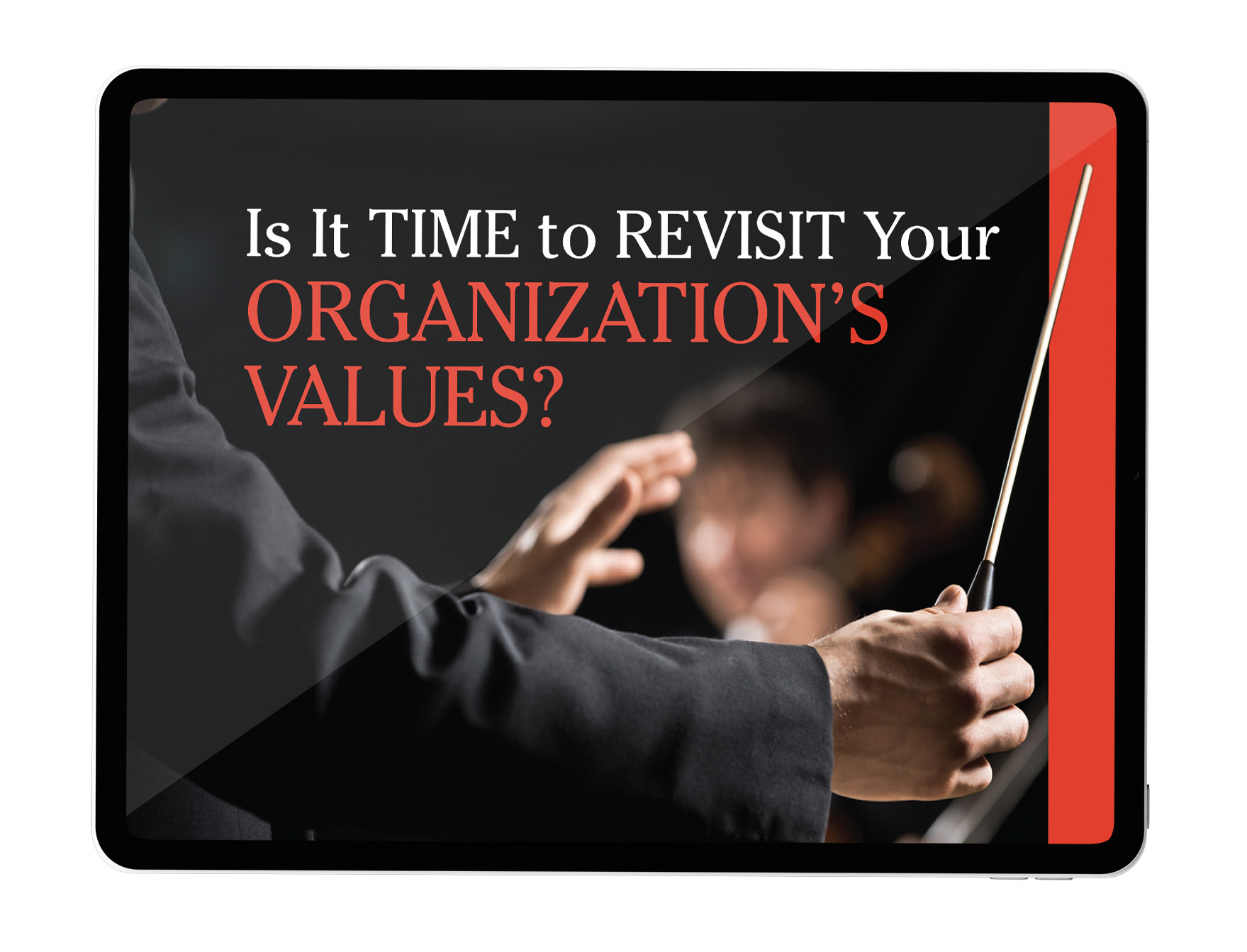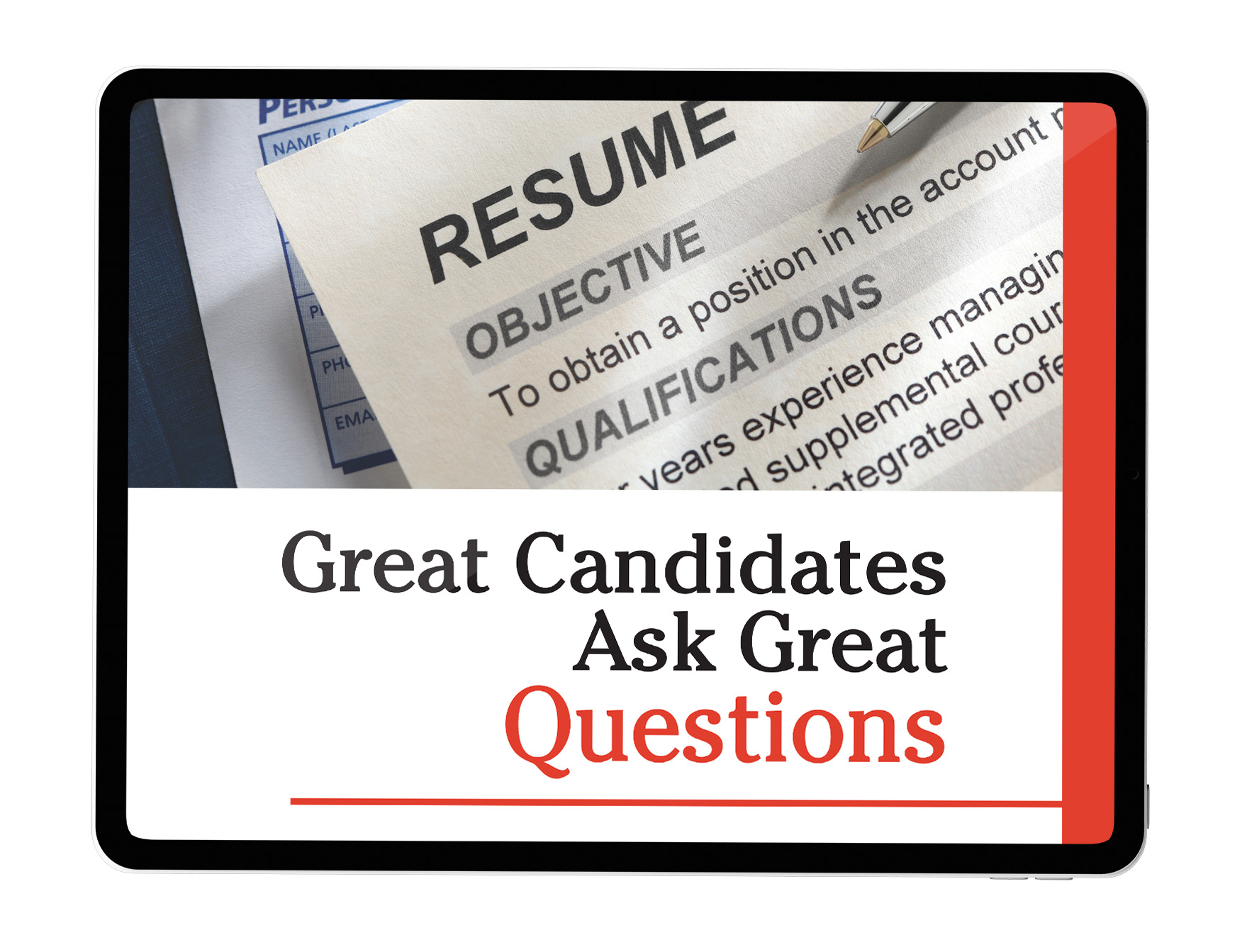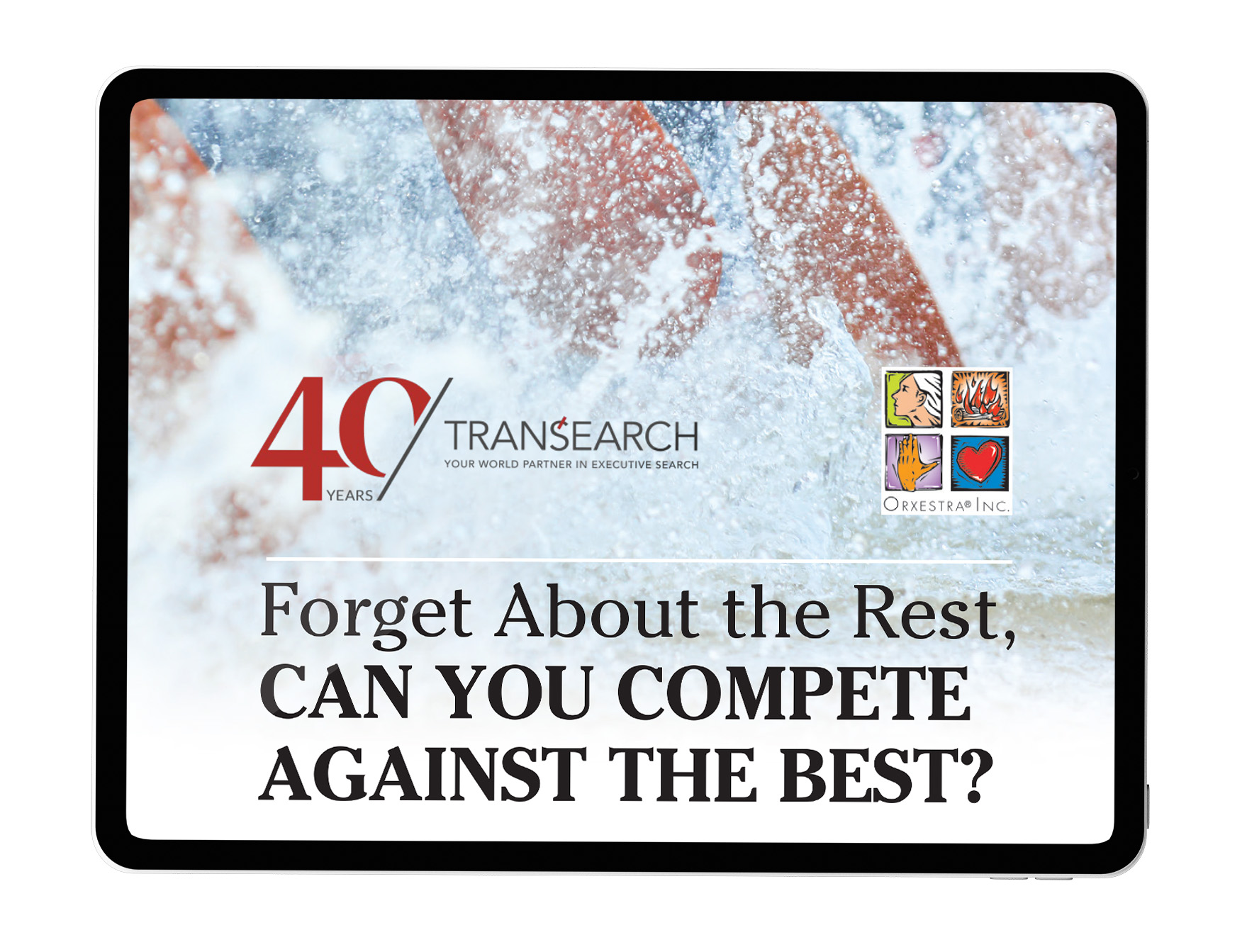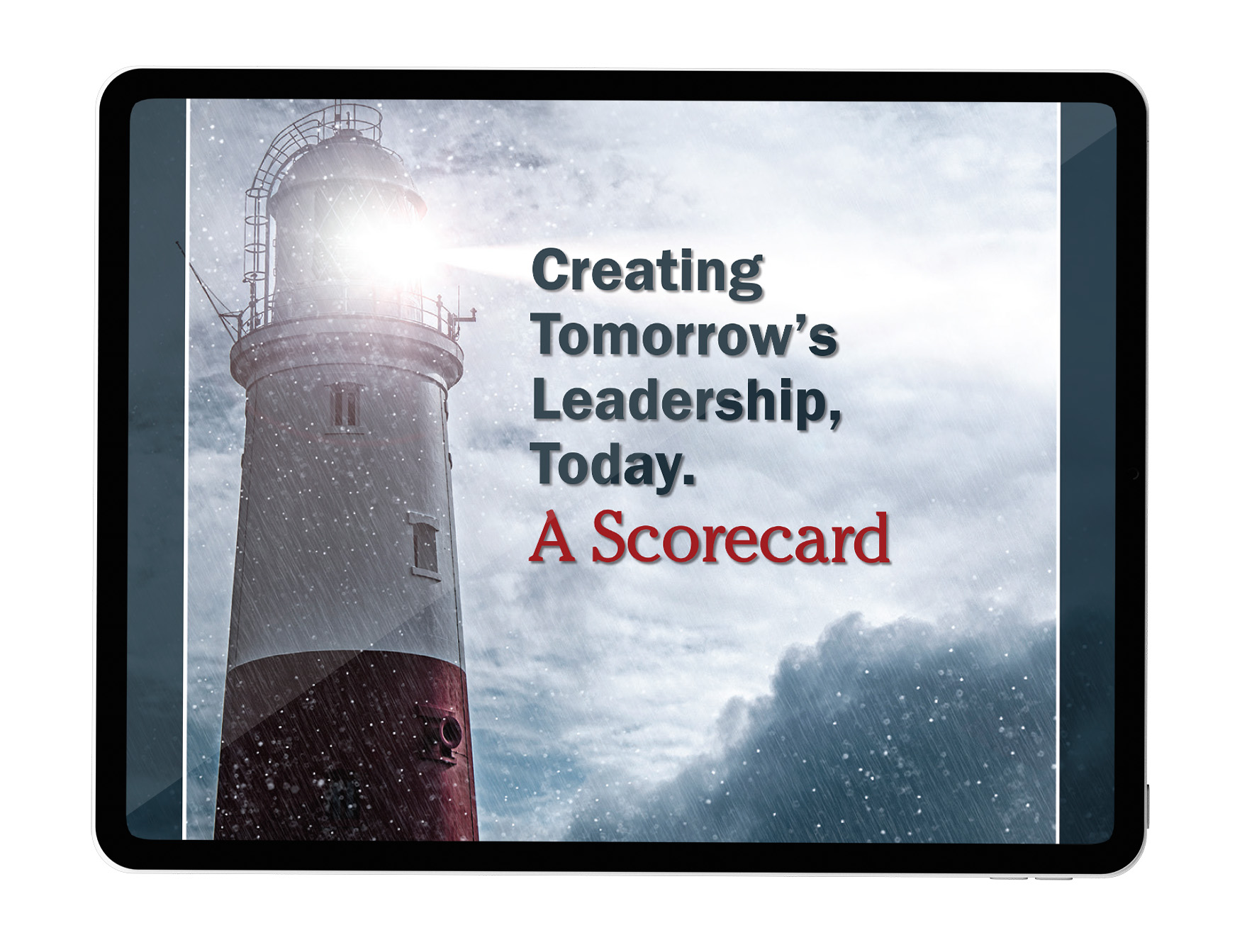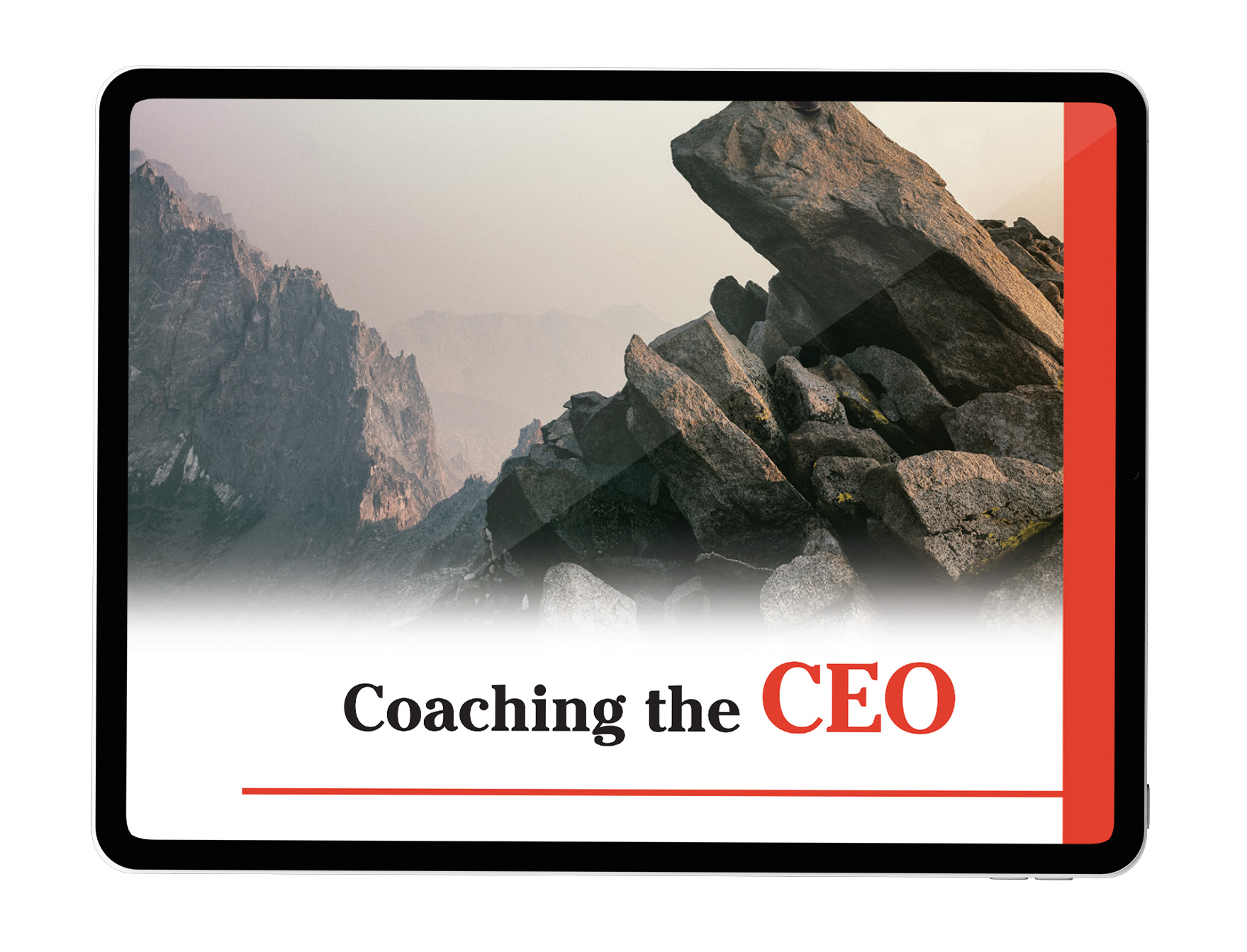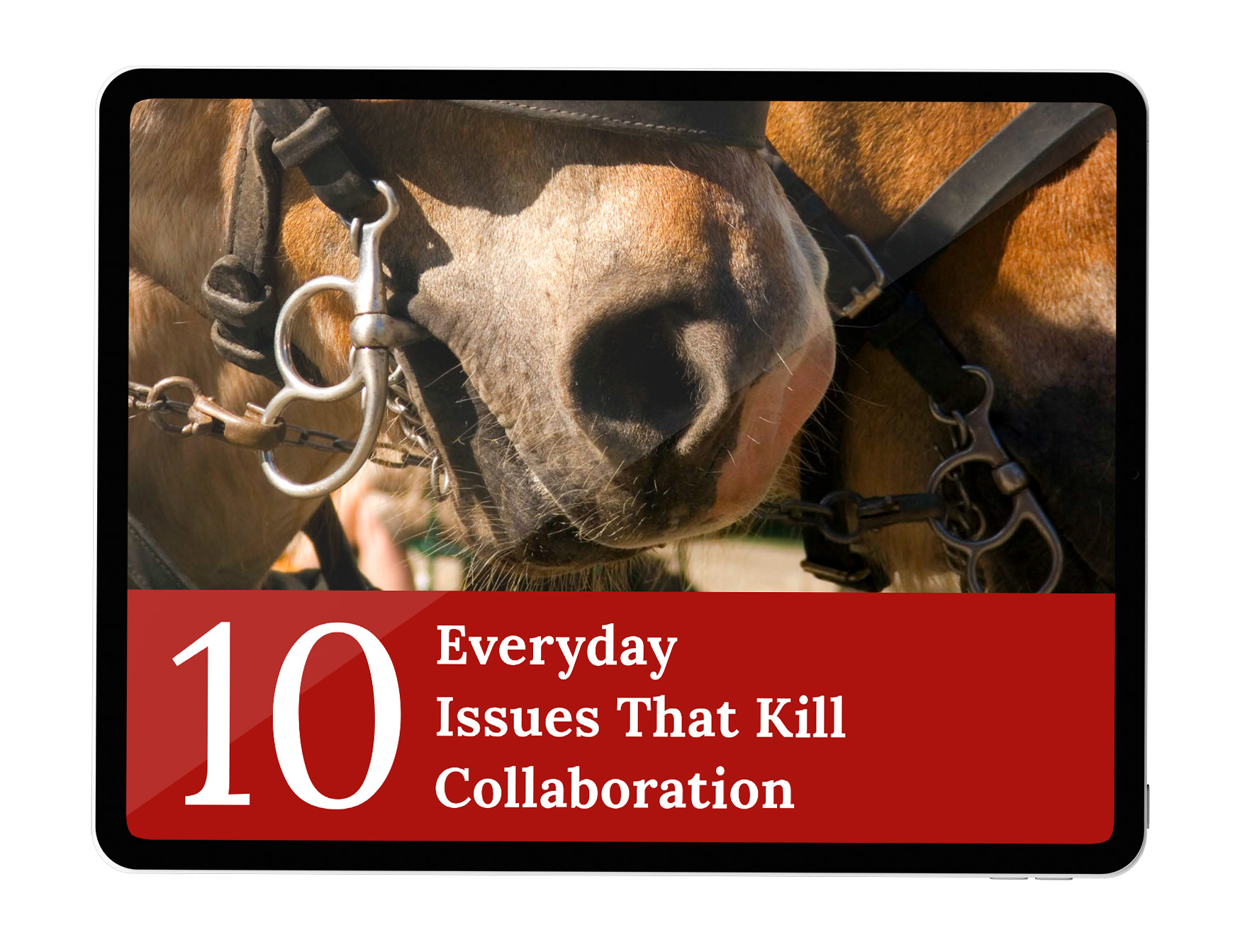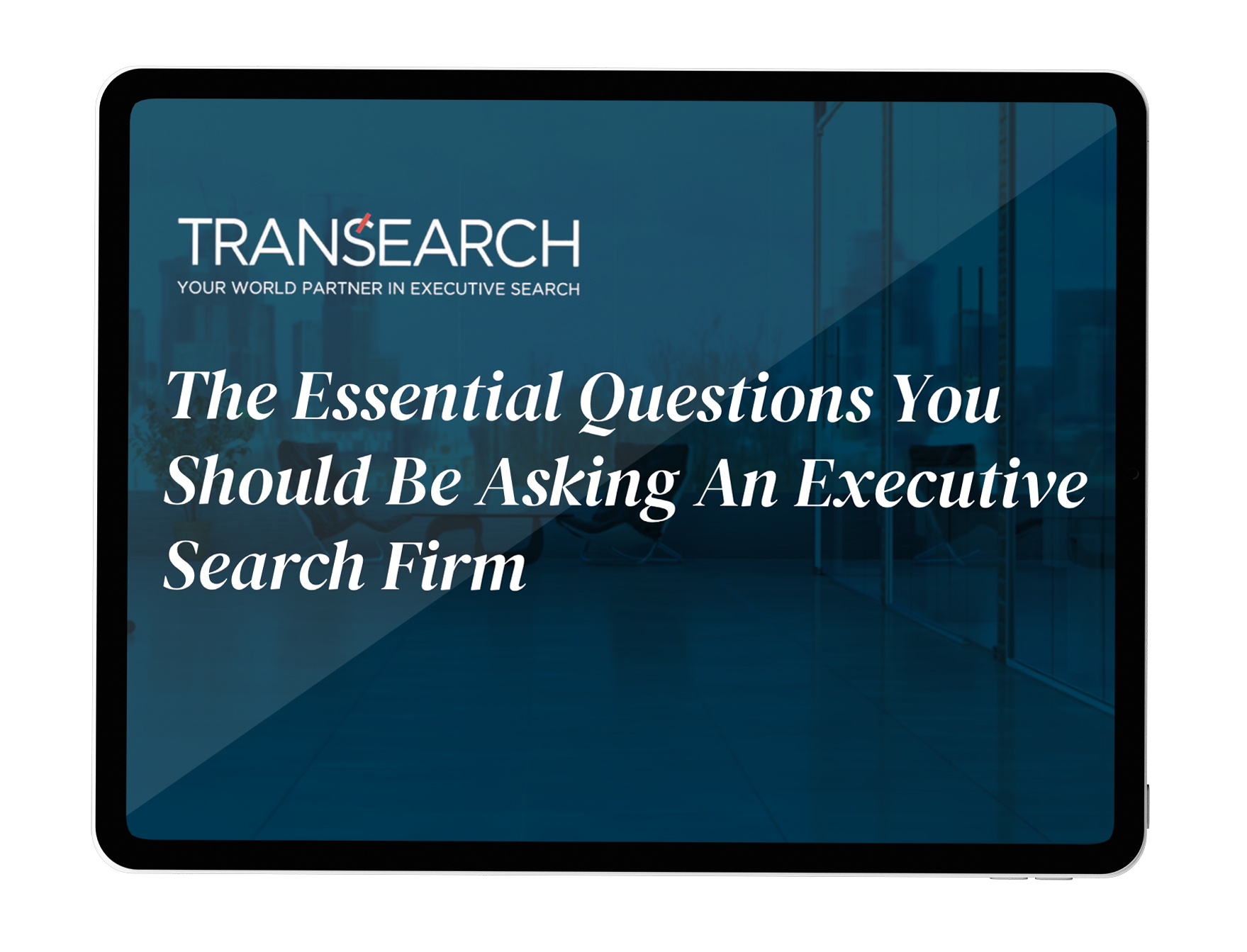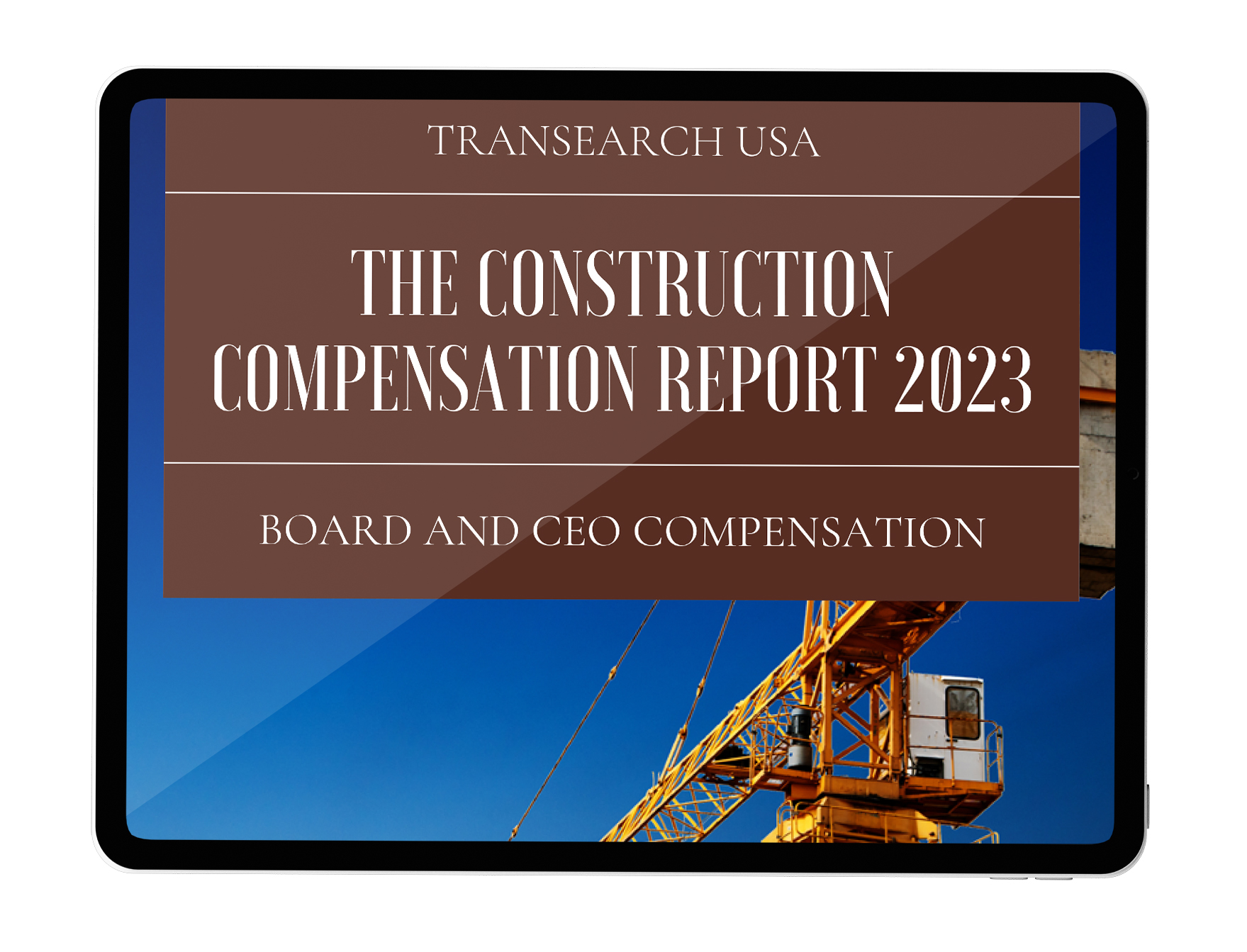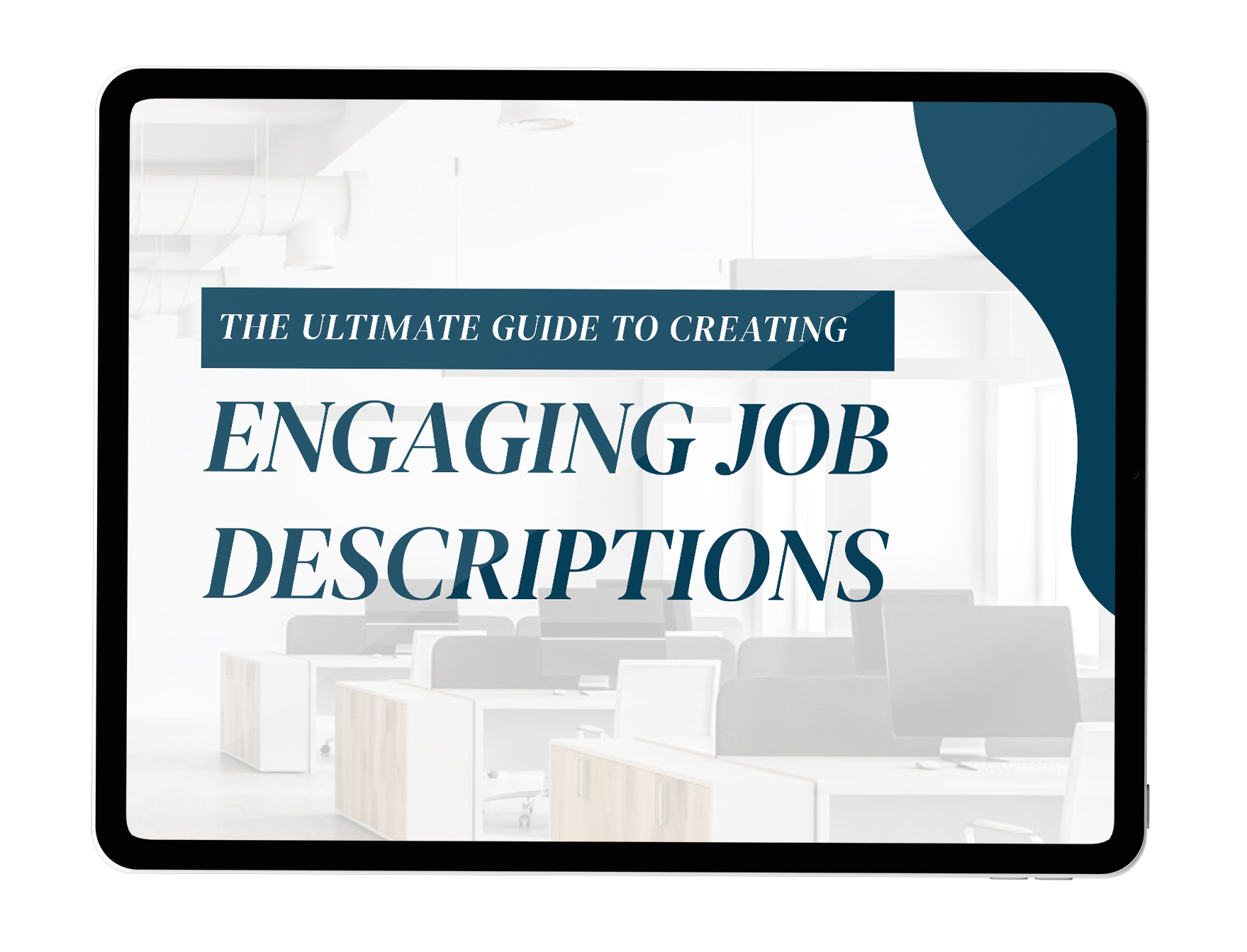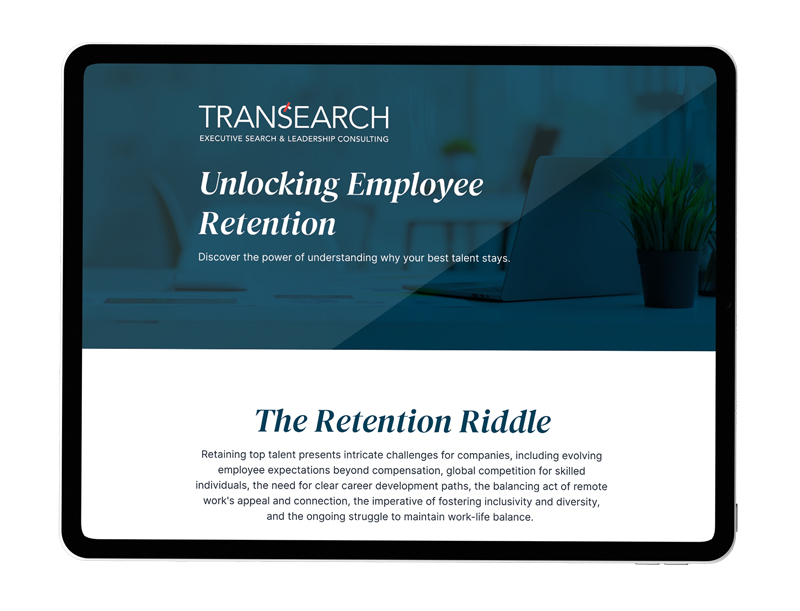Finding the ideal CEO for your organization is integral to long-term growth and success – this plays a huge role in the company’s overall culture and will shape its future. But the question is: how do you hire a CEO? Having an experienced, knowledgeable, and strategic leader at the helm can make all the difference in achieving professional goals. So, how do you find that perfect fit?
Explore 5 essential steps business owners and HR managers should consider when hiring a new chief executive officer (CEO).
1. Create a Clear Job Description and Start Hunting
Start by creating the best job description to publish on job boards. This will help attract potential candidates who align with your company’s needs. Clearly outline the prerequisites specific to your company, such as experience, industry knowledge, and proven track records.
Once you have crafted the job description, research potential candidates extensively. Partner with executive recruiting firms, tap into industry networks and use online job boards to widen your search. Be sure to target essential leadership recruiters who can help identify strong candidates for the role.
2. Effectively Assess Each Candidate During the Interview Process
Interviewing potential candidates is vital when hiring a CEO or recruiting any C-level executive. It validates whether their qualifications match your company’s requirements.
When interviewing, assess their vision and ability to lead and adapt to change. Consider asking problem-solving questions and present hypothetical scenarios to evaluate their critical thinking and decision-making skills.
3. Check References and Contact Past Colleagues
Checking references will provide insights into candidates’ work habits, attitudes, and demeanor with their previous employers and colleagues.
Contacting people with experience working with them directly can also give you additional information that may not be evident during interviews. This allows you to make an informed decision and reduces the risk of hiring an unsuitable CEO.
4. Evaluate Personality Traits and Assess Fit with Company Culture
When thinking of hiring a CEO, looking beyond their qualifications and considering their personality traits that align with your company culture is essential. Seek candidates who are team-oriented, creative, collaborative, and motivated.
Openness to innovation and focus on diversity and inclusivity are also valuable traits. A strong cultural fit will ensure the new CEO can lead effectively and contribute to the company’s overall progress.
5. Close the Deal and Hire Your Next CEO
After completing the above steps, it’s time to decide and hire the right candidate. This involves conducting comprehensive background checks, analyzing interview results, reference checks, and assessing cultural fit.
Take your time deciding, as hiring the right CEO is a long-term investment in your company’s success.
Recruit C-level Executives with TRANSEARCH
Bringing the right leadership to your company should be taken seriously. Experienced CEOs who connect with a business’s culture and goals can lead to success and profitability. After all, having the correct leader in place is essential for any business and organization’s growth and development.
To ensure you are making an informed decision, you must take five indispensable steps: conducting a thorough job search, interviewing, checking references, considering personality traits that align with your company culture, and hiring the right person.
Working with TRANSEARCH can help make this process easier and less overwhelming, as they have solid experience in finding the perfect CEO match for businesses worldwide. When you work with their committed team of specialists, you will receive top-of-the-line results to ensure the best outcome every time.
We have still to discover the extent to which COVID-19 has changed the business landscape. Clearly, office leasing, the recruitment industry, retail, and business travel will never be the same. In this article, we explore how businesses are adapting to these seismic shifts and what strategies they are employing to thrive in a post-pandemic world. Discover the innovations and trends that are shaping the future of work and commerce.

